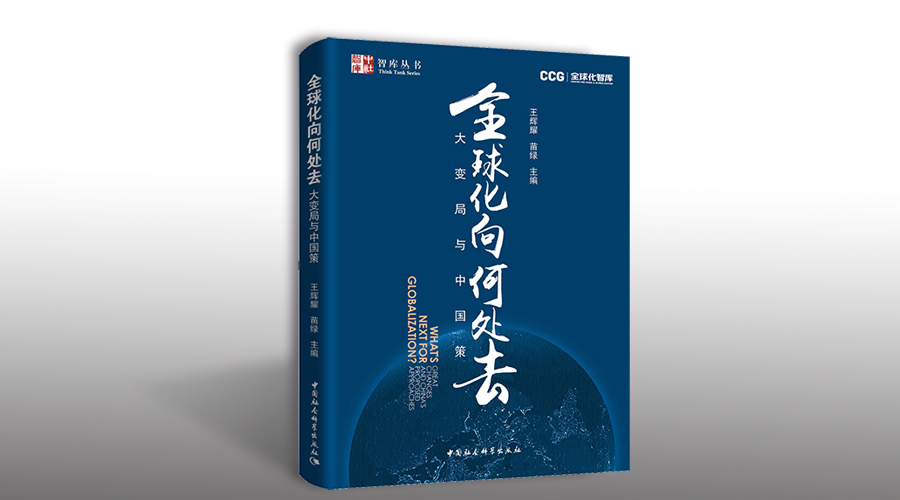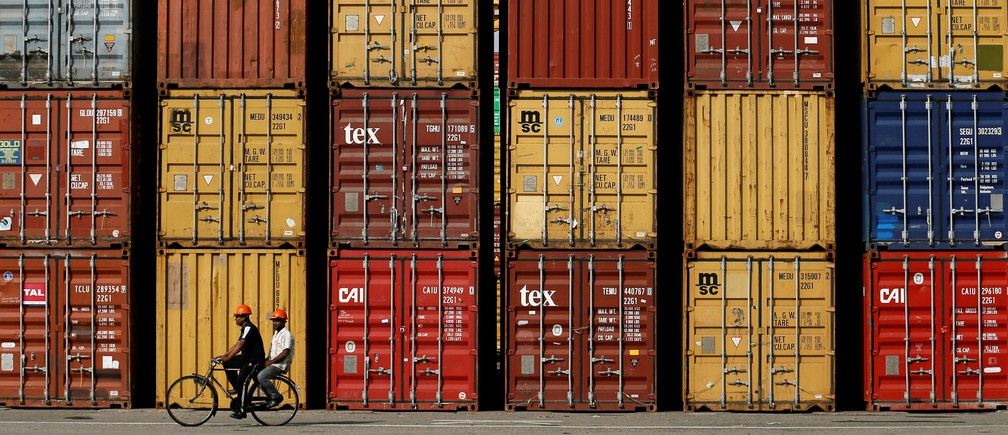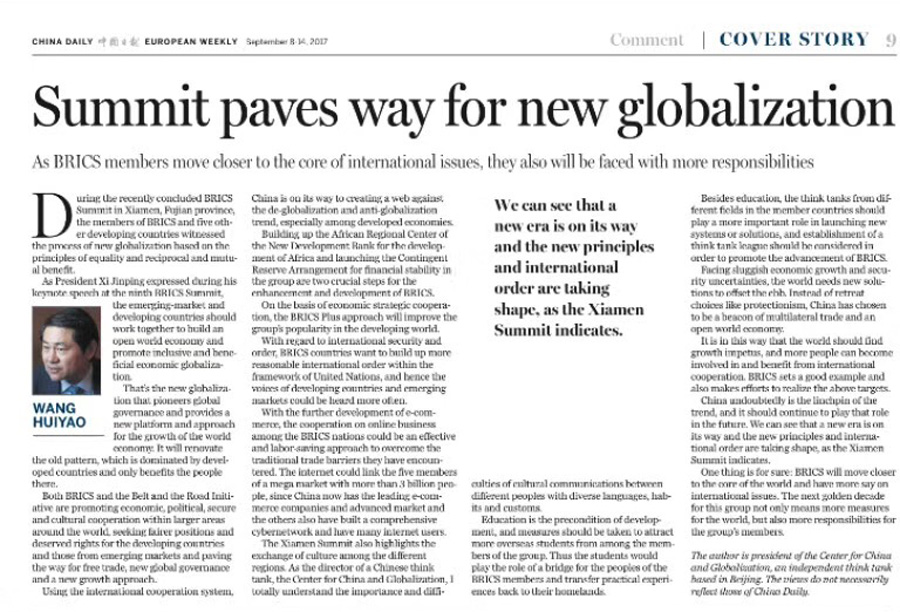Global governance, international organizations, regional cooperation and the Belt and Road Initiative (BRI) are key subjects of CCG's globalization research. As China's first think tank named and dedicated to globalization, CCG founded the China and Globalization Forum and contributes to international discussions related to globalization. It has organized seminars under themes such as WTO reform, multilateral governance, and the BRI. CCG was the first body to hold a BRI-themed event at the Munich Security Conference, a world-leading conference in the field of international security and governance.
Based on years of research in the field of globalization, CCG has published numerous research reports and books, including Win-Win International Cooperation and Path to Achievement of the Belt and Road, Globalization and Anti-Globalization and What’s Next for Globalization? Great Changes and China’s Proposed Approaches. The Handbook on China and Globalization published by Edward Elgar Publishing is one of the few books published in English by a Chinese think tank with an authoritative international academic publisher. Two of the CCG's initiatives were selected for inclusion in the first Paris Peace Forum, pioneering a new model for Chinese think tanks to fully participate in global governance and international cooperation. In addition, CCG has long-term cooperation with the WTO, UN, OECD, World Bank, IMF and many other international organizations, international think tanks and related institutions.
-

What’s Next for Globalization?
What’s Next for Globalization? Great Changes and China’s Proposed Approaches is authored by CCG President Dr Wang Huiyao and CCG General Secretary Dr Miao Lu, and published by China Social Sciences Press. This book gives a systematic explanation and reflection of globalization, as well as expressing expectations on the future of the process as the title hints. Also included is a detailed analysis of the "China solution”, as seen through the eyes of Chinese scholars in the field of globalization. Through this, the book aims to promote "China wisdom" and the "China solution" to the world in order to further progress globalization.
September 27 , 2018 -

Emanuel Pastreich: Can culture be used for consensus in NE Asia?
There have been multiple efforts to find common ground in Northeast Asia between China, South Korea and Japan over the last 20 years. For the most part, the focus has been placed on promoting trade, removing barriers to investment, and holding meetings between ministers, vice ministers, CEOs and technical experts.
September 14 , 2018 -

Cheng Shuaihua: 3 things the G20 can do to save the WTO
This week, trade and investment ministers from the G20 will gather at Mar del Plata in Argentina for the first time since the tariff dispute started in the spring of 2018.
September 14 , 2018 -

Wang Huiyao: Summit paves way for new globalization
As BRICS members move closer to the core of international issues, they also will be faced with more responsibilities During the recently concluded BRICS Summit in Xiamen, Fujian province, the members of BRICS and five other developing countries witnessed the process of new globalization based on the principles of equality and reciprocal and mutual benefit. As President Xi Jinping expressed during his keynote speech at the ninth BRICS Summit, the emerging-market and developing countries should work together to build an open world economy and promote inclusive and beneficial economic globalization.
September 11 , 2017 -

Sun Zhe: Reciprocal thinking should prevail
Sun Zhe, an acdemic adivisor of the Center for China and Globalization (CCG) and director of the Center of China-US Relations at Tsinghua University. Intellectual property has been a constant issue in China-US trade disputes since the 1980s, a time when the US and Japan were locked in an enduring trade war over steel, intellectual property and automobiles. During those days Robert Lighthizer, incumbent US Trade Representative, established his credentials by leading a campaign of voluntary restraint agreements, countervailing duties and anti-dumping duties against Japanese imports. He might try to do the same against China.
August 24 , 2017


